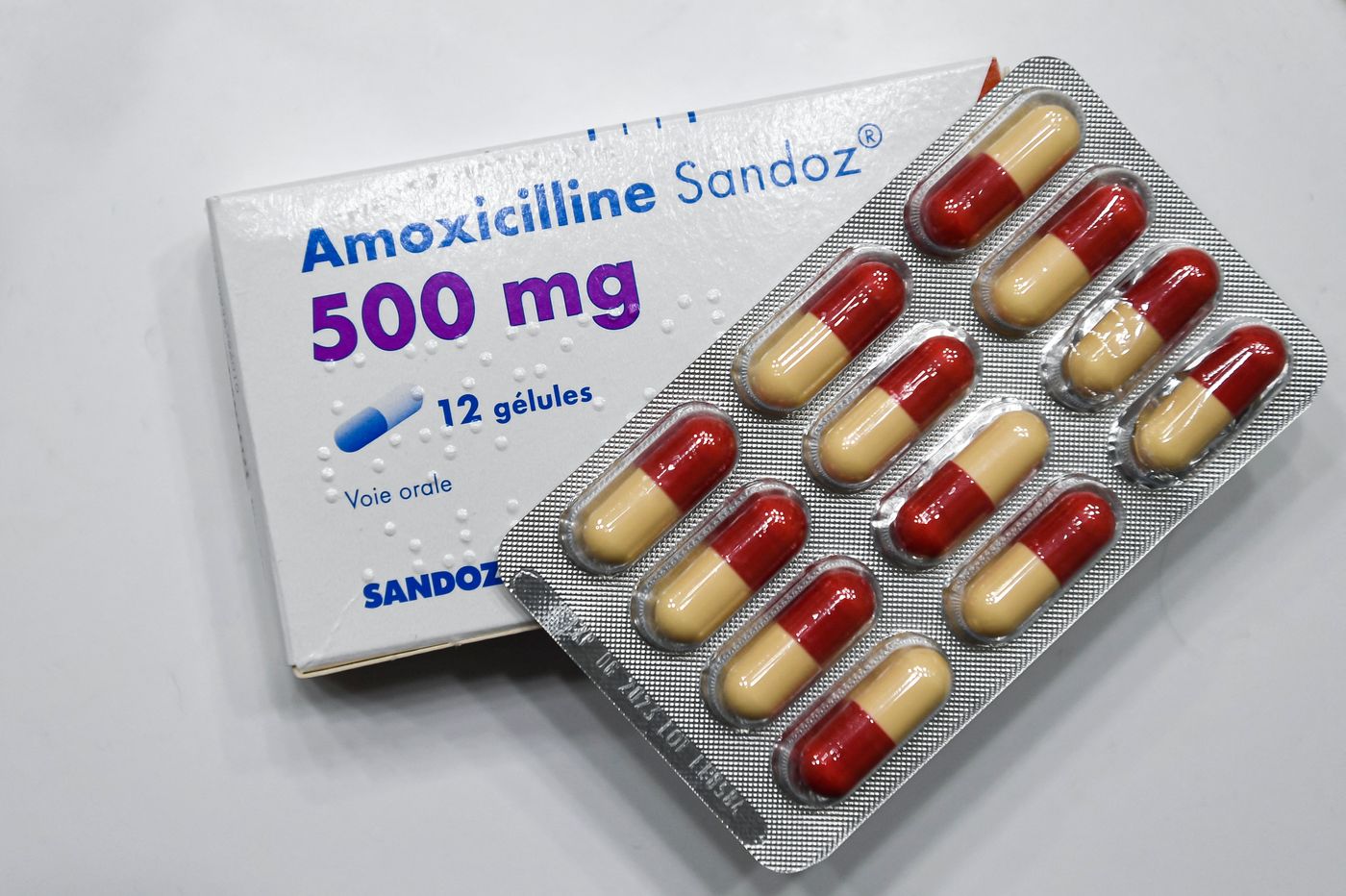Fitz-Hugh-Curtis Syndrome: Symptoms, Causes, Treatment
What are the symptoms of Fitz-Hugh-Curtis syndrome?
Fitz-Hugh-Curtis syndrome is a rare complication of pelvic inflammatory disease (PID) that involves inflammation of the liver capsule and the surrounding peritoneum (the lining of the abdominal cavity). The symptoms of Fitz-Hugh-Curtis syndrome can vary, but they may include:
- Pain: The most common symptom is sharp, stabbing pain in the upper right abdomen, which can be severe and may radiate to the right shoulder.
- Fever: A low-grade fever is common, but some individuals may experience high fever.
- Nausea and vomiting: Some people with Fitz-Hugh-Curtis syndrome may experience nausea and vomiting.
- Pain with breathing: Pain may worsen with deep breathing or coughing.
- Pain during sex: Some individuals may experience pain during sexual intercourse.
- Generalized abdominal pain: In some cases, the pain may be more diffuse and affect the entire abdomen.
- Other symptoms: Other symptoms may include fatigue, malaise, and loss of appetite.
It’s important to note that the symptoms of Fitz-Hugh-Curtis syndrome can be similar to those of other conditions, so a thorough evaluation by a healthcare provider is necessary for an accurate diagnosis. Prompt treatment of PID can help reduce the risk of developing Fitz-Hugh-Curtis syndrome.
What are the causes of Fitz-Hugh-Curtis syndrome?
Fitz-Hugh-Curtis syndrome is caused by the spread of pelvic inflammatory disease (PID) to the liver capsule and surrounding peritoneum. PID is usually caused by a bacterial infection, most commonly from sexually transmitted infections (STIs) such as chlamydia and gonorrhea.
The bacteria responsible for PID can travel from the cervix into the uterus, fallopian tubes, and ovaries, causing inflammation and infection in these areas. In some cases, the infection can spread further to involve the liver capsule and peritoneum, leading to Fitz-Hugh-Curtis syndrome.
Risk factors for developing PID, and consequently Fitz-Hugh-Curtis syndrome, include:
- Multiple sexual partners
- History of STIs
- History of PID
- Unprotected sex
- Young age (adolescents and young adults are at higher risk)
- Use of intrauterine devices (IUDs), although the overall risk is low
It’s important to seek prompt medical treatment for PID to prevent complications such as Fitz-Hugh-Curtis syndrome. Early detection and treatment of STIs can also help reduce the risk of developing PID.
What is the treatment for Fitz-Hugh-Curtis syndrome?
The treatment for Fitz-Hugh-Curtis syndrome typically involves addressing the underlying pelvic inflammatory disease (PID) and managing the symptoms of liver inflammation. Treatment may include:
- Antibiotics: Antibiotics are used to treat the bacterial infection that causes PID and Fitz-Hugh-Curtis syndrome. The specific antibiotic prescribed will depend on the type of bacteria involved and the severity of the infection.
- Pain relief: Pain medications, such as acetaminophen or ibuprofen, may be used to help relieve abdominal pain and discomfort.
- Rest and fluids: Resting and avoiding dehydration can help support the body’s immune response and aid in recovery.
- Follow-up care: It’s important to follow up with a healthcare provider to monitor your condition and ensure that the infection has been successfully treated.
In severe cases of Fitz-Hugh-Curtis syndrome, hospitalization may be necessary for more intensive treatment, such as intravenous antibiotics or drainage of any abscesses that may have formed. It’s important to seek prompt medical attention if you suspect you have PID or Fitz-Hugh-Curtis syndrome, as early treatment can help prevent complications and promote recovery.




